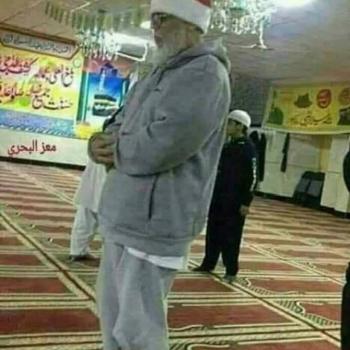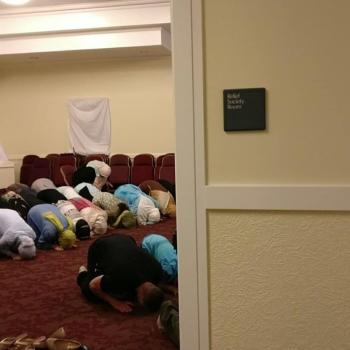
Often called “The Prayer of St. Francis,” it almost certainly didn’t originate with him. Its first known appearance was actually in French, in December 1912. He lived from 1181/1182 AD to 3 October 1226. But it’s still wonderful:
Lord, make me an instrument of your peace.
Where there is hatred, let me bring love.
Where there is offense, let me bring pardon.
Where there is discord, let me bring union.
Where there is error, let me bring truth.
Where there is doubt, let me bring faith.
Where there is despair, let me bring hope.
Where there is darkness, let me bring your light.
Where there is sadness, let me bring joy.
O Master, let me not seek as much
to be consoled as to console,
to be understood as to understand,
to be loved as to love,
for it is in giving that one receives,
it is in self-forgetting that one finds,
it is in pardoning that one is pardoned,
it is in dying that one is raised to eternal life.
***
We attended the funeral services for Richard L. Anderson this morning. It’s always pleasant and inspiring to listen to the remarks made at the funeral of someone who has led a good life as a disciple of the Savior, and Richard certainly did that. Such funerals take us back down to the bedrock of what really matters in a life, and in life — things like kindness, commitment, integrity, and faith. Rather the way, for me, attending the temple does. What a contrast to the snark, malice, buffoonery, and contentiousness that too often mark contemporary social media and American political discourse!
***
The latest iteration of the biweekly joint Hamblin/Peterson column has appeared in the Deseret News:
“The upcoming Muslim ‘Festival of Sacrifice’ — what it is and what to say to someone celebrating it”
***
From Dalia Mogahed, an important and informed voice on contemporary Islam:
I hear a lot of claims from non-Muslims about what Muslims today actually think. Sometimes they’re drawing on some poll or other; sometimes, they rest on mere assertion and supposition.
People who want to know what contemporary Muslims really think absolutely ought to read these two books, whatever else they might look at, before they presume to speak confidently on the subject:
James Zogby, Arab Voices: What They Are Saying to Us, and Why it Matters (2012)












